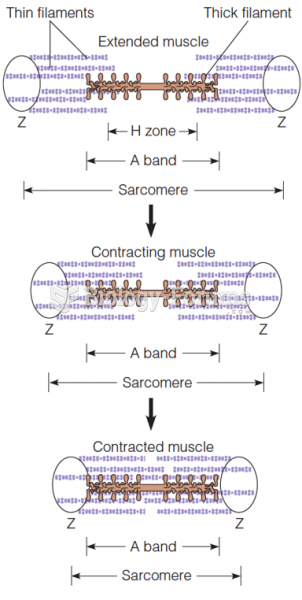What is the basic assumption made by the Heckscher-Ohlin model of international trade?
a. Countries that have an abundance of labor will typically also have a dearth of capital, and capital-rich countries a dearth of labor.
b. Countries with an abundance of natural resources but no industrial capital will find themselves in a subordinate position in international markets.
c. The goods that a nation chooses to export will usually be determined by the country's cultural institutions and political history rather than by material factors.
d. Countries that have an abundance of certain resources gain a comparative advantage in the production of goods derived from those resources and will become exporters of those goods to the rest of the world.
e. Countries that are relatively well endowed with capital relative to the rest of the world will extricate themselves from the world markets as much as possible so as to maintain their economicand therefore their politicalindependen ce.
Question 2
How does Gilpin explain the rise to prominence of multinational corporations?
a. They serve the interests of the United States, the most dominant power when they rose to prominence.
b. They are an inevitable by-product of the erosion of the primacy of the nation-state in international relations.
c. They result from the absence of a dominant political power bending the international economy to its will.
d. They result from a largely unfettered international economic system that pursues global welfare rather than national interest.
e. They arose spontaneously, owing to the operation of an invisible hand that dictated that such institutions provided the best means for exploiting the world's scarce resources.







